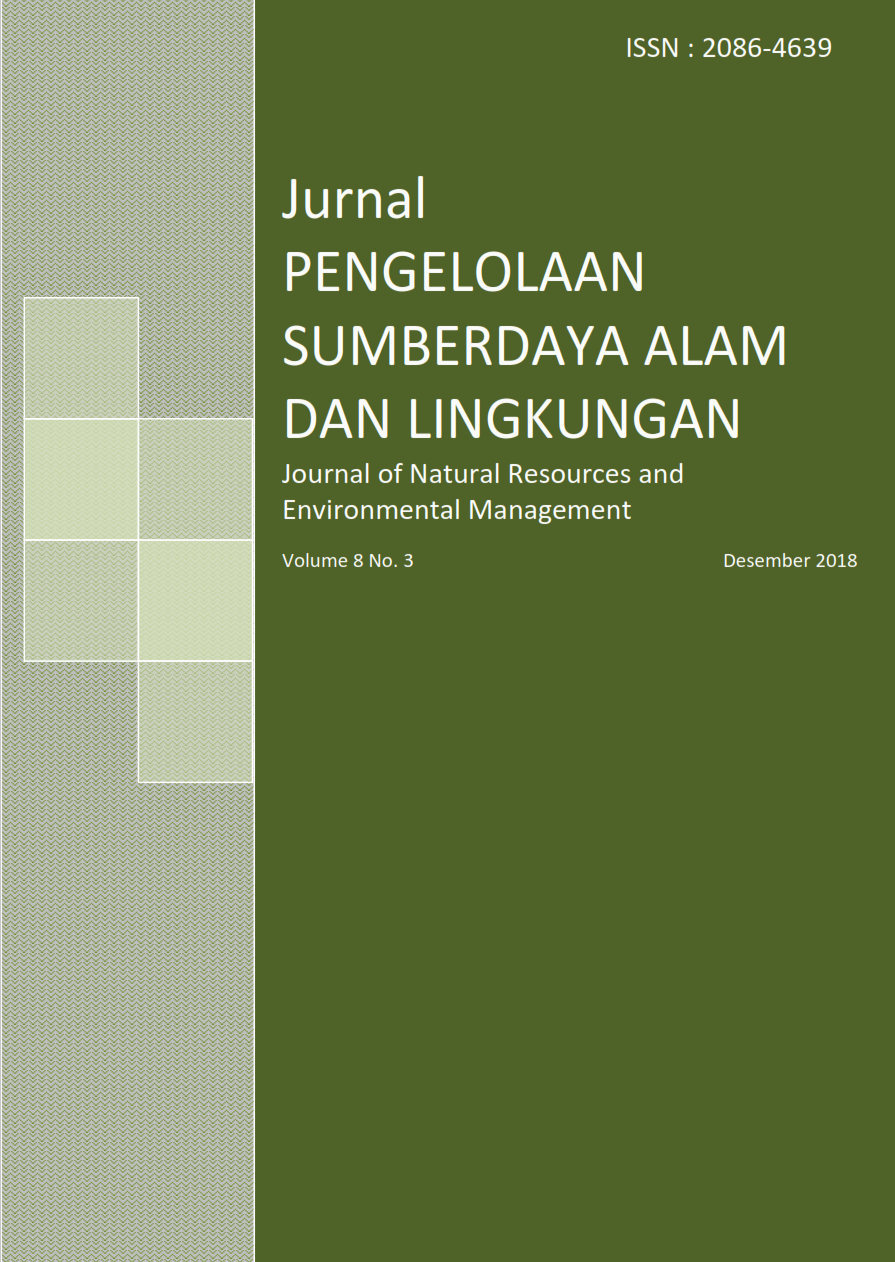DAYA DUKUNG LAHAN KAWASAN PERKOTAAN LEWOLEBA UNTUK KETERSEDIAAN PANGAN DAN AIR BERKELANJUTAN
Abstract
Abstract. This research purposed to analyze the carring capacity of urban area in Lewoleba – Lembata – NTT, by assessment the land capability at sub-class level, evaluating actual land use with land capability class, analyzing actual land potential to produce food for the people’s need and counting the potential of water and the need of water to urban society and farming. The land capability assessment was conducted by superimpose land physical sensitive criteria as soil depth, slope, erosion, flood potential and surface rock. Evaluation of actual land suitability was conducted through comparison of land capability class with actual land use. Land potential analysis to fulfill food needs to society is calculated use conversion model of all kinds food production in this area to rice production, and compared it with people’s needs of food equal to one ton of rice per person per year. The analysis of land water is conducted through water balance measurement method. The result of this research show that the land capability of Lewoleba dominated by high land capability class. Actual land use is aligned to it’s capability. Land need to food surpass urban land potential. The water balance of Lewoleba show deficit becouse evapotranspiration is more than accumulative precipitation in a year, thats way naturally unable to suficient the water needs independently.
Authors
Authors who publish with this journal agree to the following terms:
- Authors retain copyright and grant the journal right of first publication with the work simultaneously licensed under a Creative Commons Attribution License that allows others to share the work with an acknowledgement of the work's authorship and initial publication in this journal.
- Authors are able to enter into separate, additional contractual arrangements for the non-exclusive distribution of the journal's published version of the work (e.g., post it to an institutional repository or publish it in a book), with an acknowledgement of its initial publication in this journal.
- Authors are permitted and encouraged to post their work online (e.g., in institutional repositories or on their website) prior to and during the submission process, as it can lead to productive exchanges, as well as earlier and greater citation of published work (See The Effect of Open Access).
Article Details
10.29244/jpsl.9.4.977-985






